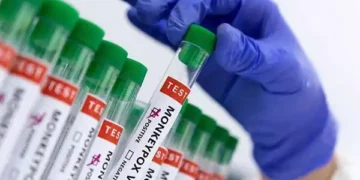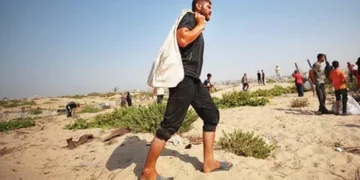Blitz Bureau
NEW DELHI:One year since the World Health Organization (WHO) declared mpox a Public Health Emergency of International Concern (PHEIC), African countries have scaled up response measures and made progress to curb the spread of the virus. In the last six weeks, the weekly number of confirmed cases declined by 34.5% compared with the preceding six weeks.
Coordinated action between governments, WHO, Africa Centre for Disease Control and Prevention (Africa CDC), communities and partners have helped strengthen disease surveillance, expand laboratory testing, roll out vaccination and improve treatment and care of people with mpox.
Mpox remains a serious public health challenge in Africa. In the past year, 28 African countries have been affected, with more than 1,74,000 suspected and nearly 50,000 confirmed cases reported. Around 240 lives have been lost. However, response efforts are paying off, according to a report in Top Africa News.
Over 3 million doses, almost half of the target have been delivered, more than 9,51,000 doses administered and around 9,00, 000 people vaccinated with at least one dose.
Thanks to sustained efforts, Cote d’Ivoire, for instance, has brought its outbreak under control after 42 days with no new cases. Angola, Gabon, Mauritius, and Zimbabwe have also gone more than 90 days without any new confirmed cases. “Our collective efforts have been crucial in strengthening measures for an effective response,” said Dr Otim, Patrick Ramadan Programme Area Manager, Emergency Response at WHO Regional Office for Africa.
Collaboratively, WHO and Africa CDC have developed continental Mpox Preparedness and Response Plans and coled the implementation through continental Incident Management Support Team in collaboration with partners.
































